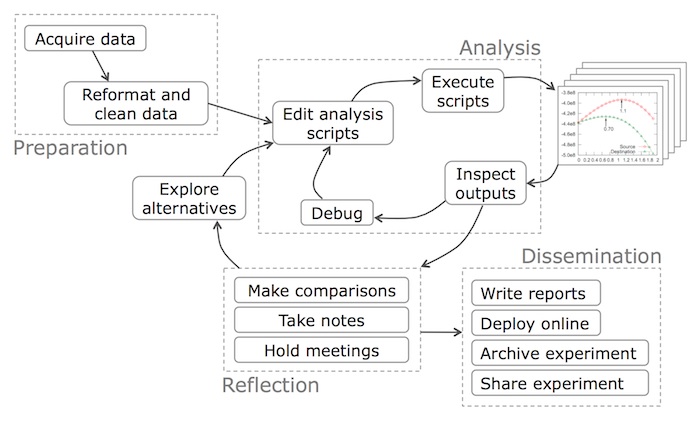
- Overemphasis of the analysis and reflection phases
- Underemphasis of the preparation and dissemination phases
- Problem spaces may have no data to begin with
- Insights have few outlets to actualize into action
Ryan Quan | [email protected]

How can we use Open Data to inform change at the local level?
What are some avenues for turning insight into action?

The story of how a visiting faculty member at the Pratt School of Architecture with a penchant for civic improvement saved New Yorkers over $55,000 a year in parking tickets.
Parking Tickets via NYC Open Data
Ben Wellington, IQuantNY

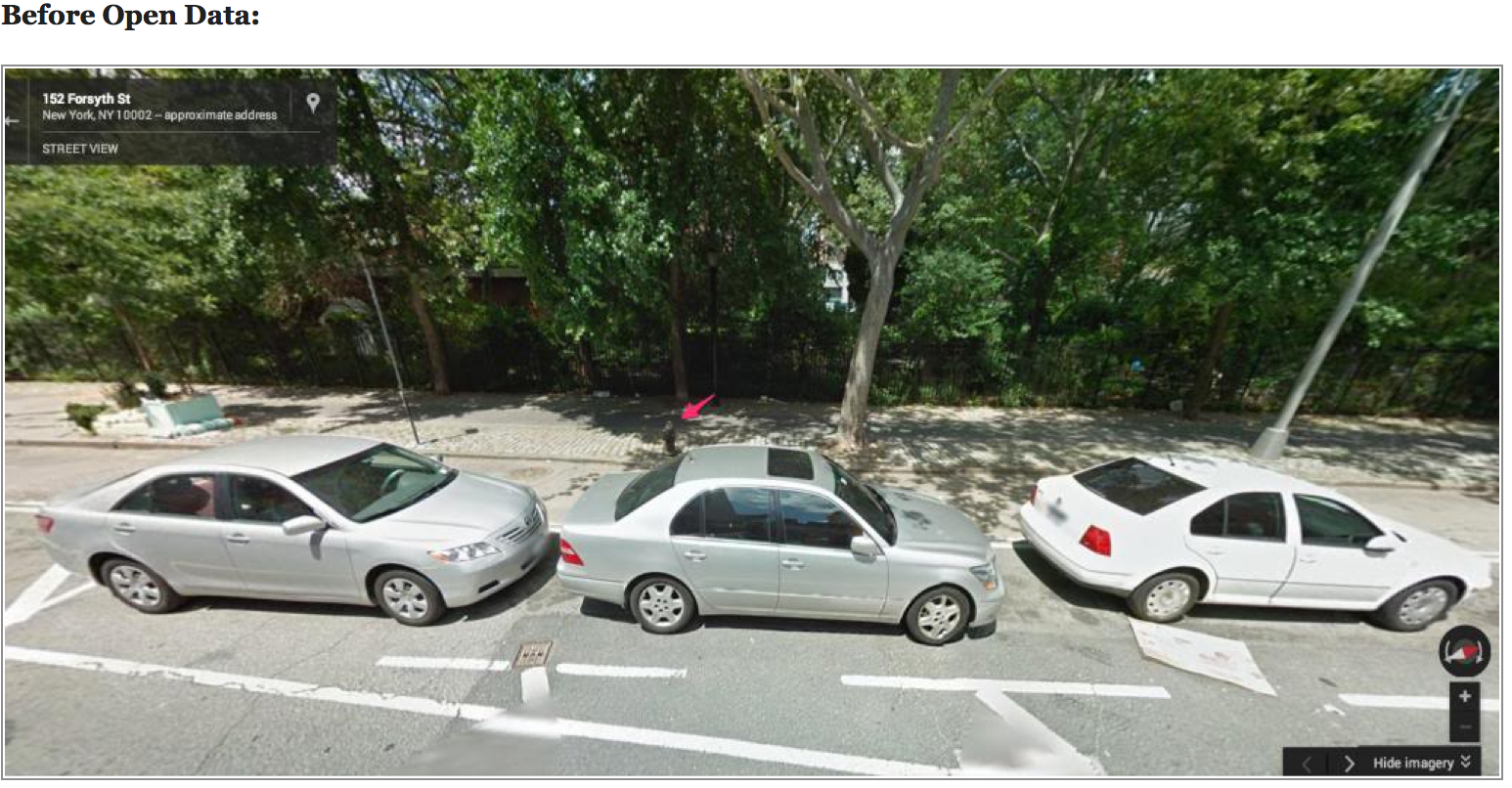
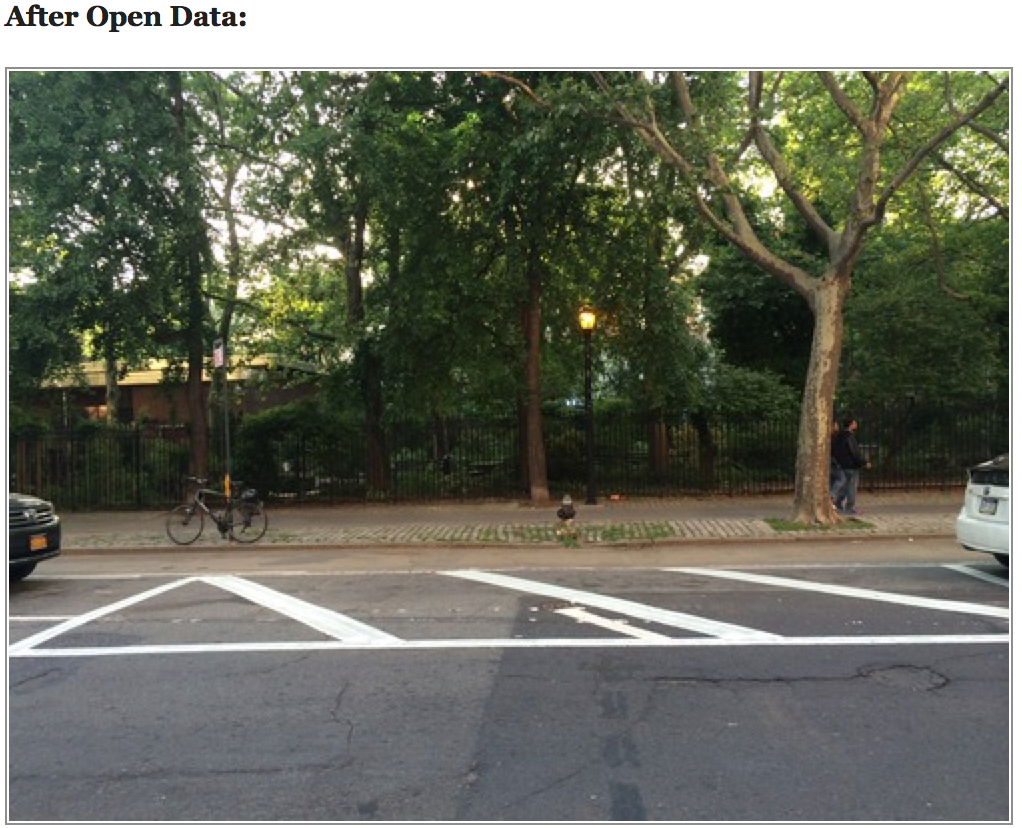
One person can instigate change at the community level and resolve unintended policy side-effects:
Open Government Initiatives
Basic Exploratory Data Analysis
Social Media

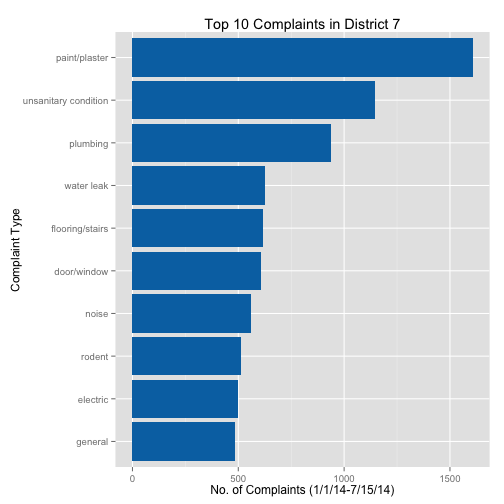
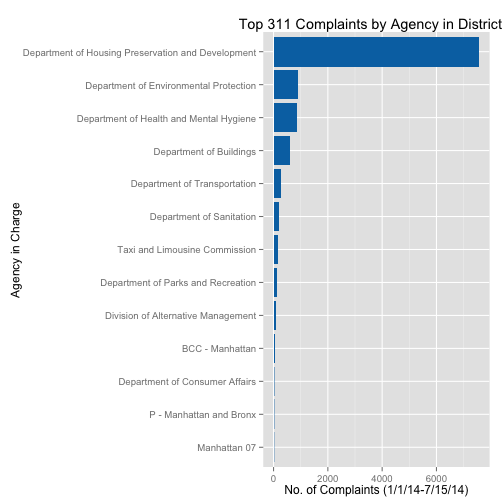
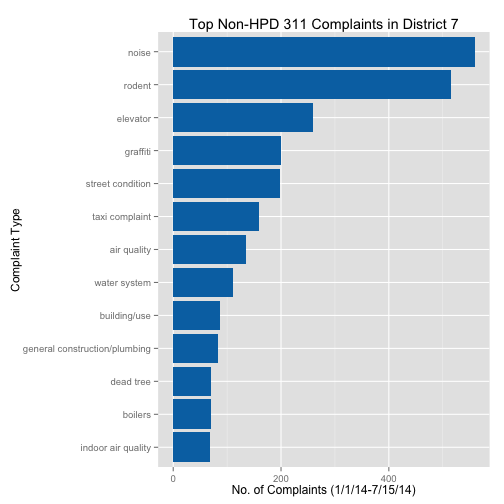
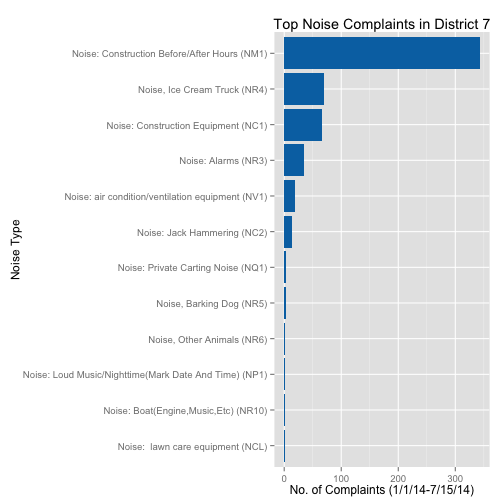
Using QGIS, an open-source GIS software, we can run a points-in-polygon analysis and identify clusters of complaints inside our district of interest.
Here we identified a building on 151st between Amsterdam and Broadway with several open rat complaint cases from different callers:
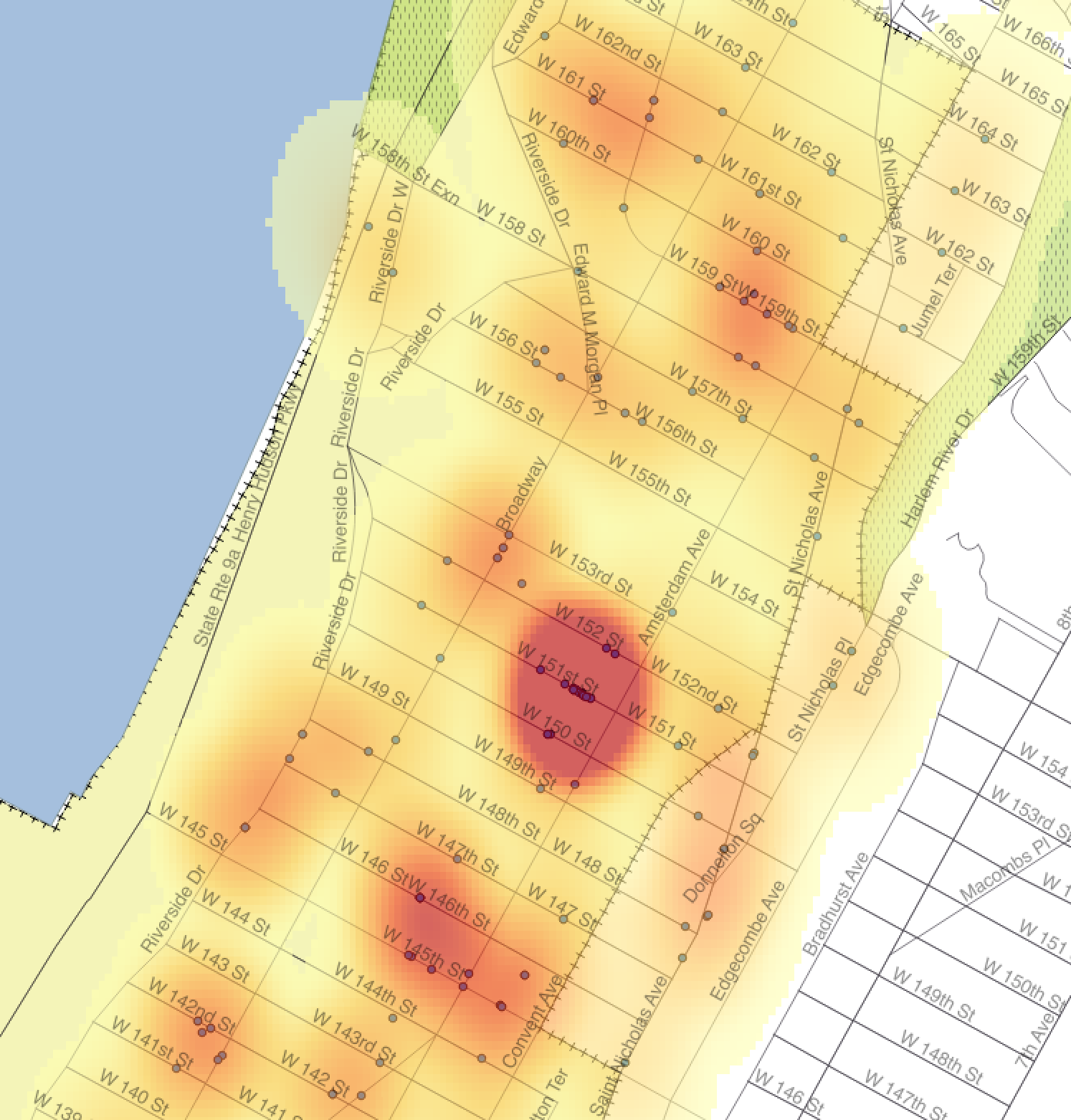
Pull, wrangle, and visualize open data using open-source software
Time-series analysis to observe monthly trends
Qualitatively-driven
Quantitatively-driven
Submitting evidence to respective government agencies for quick-fixes
Reproducibility of Analysis
Motivates "neighborhood-specific" research
Encourages collaboration and new developments
Removes barriers to civic engagement
Potential for abuse
Quality of data sources
Difficult to go beyond correlational studies
Software
Blogs
Datasets